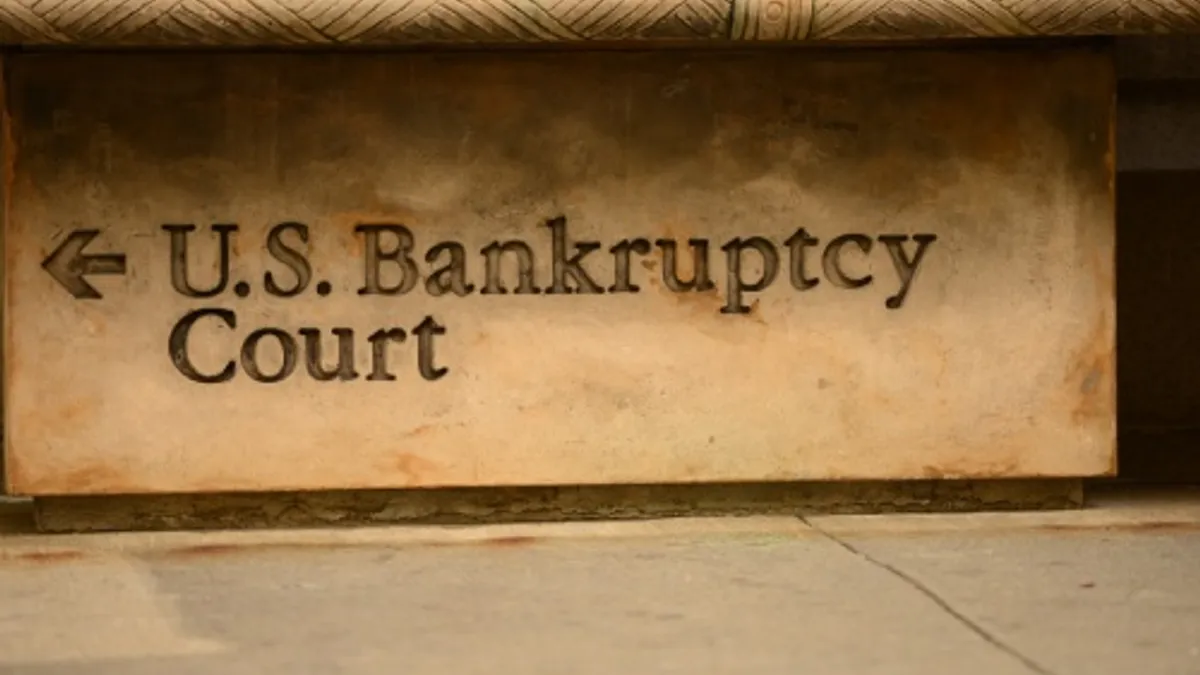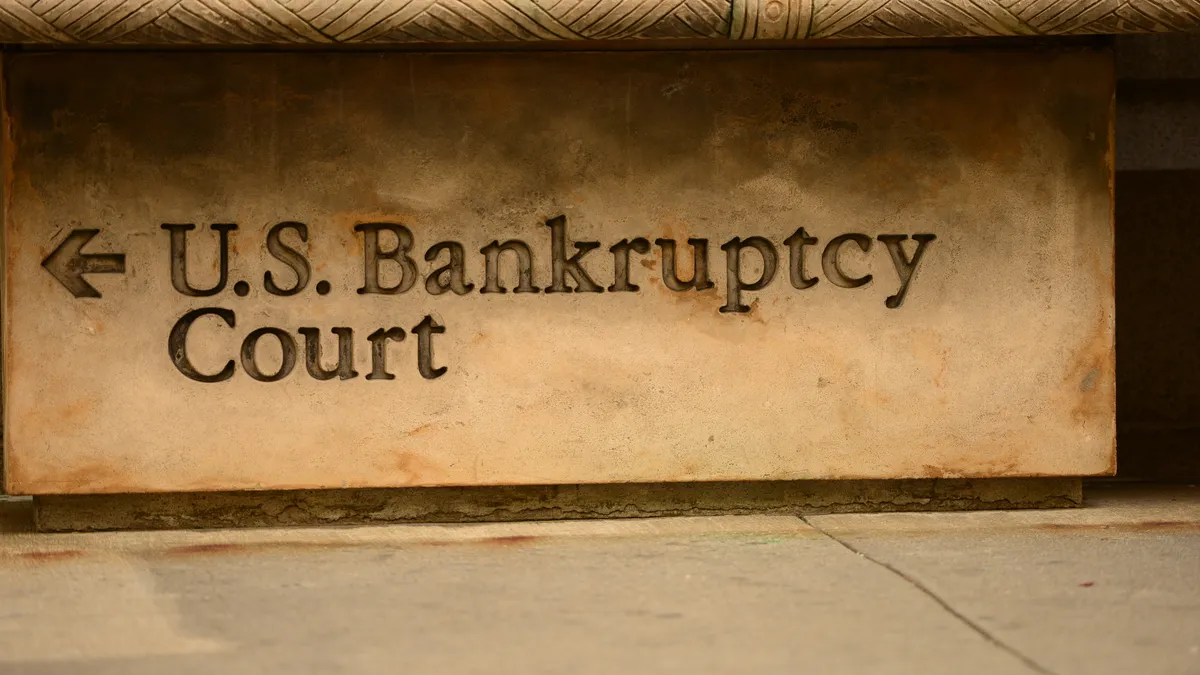While higher ed had no shortage of compelling stories to follow in 2014, next year promises to produce more than a few of its own as some of the biggest carry over — or really start to pick up.
The confluence of significant campus social issues, advances in education technology and online learning, federal education policy debates, and substantial financial issues for college students and graduates indicates that higher ed will provide an ample supply of interesting, important stories in 2015.
Here are seven stories you'll want to keep an eye on next year:
Campus sexual assault
Campus sexual assault will continue to be a leading higher education story in 2015, as colleges and universities attempt changes to promote prevention, encourage reporting by victims, and reform the disciplinary process for perpetrators. Some of those changes are driven by federal lawmakers and the U.S. Department of Education, some by state officials, and some out of fear of facing discipline —such as withdrawal of federal student aid eligibility — for violating the federal Title IX law, which prohibits gender-based discrimination.
The latest tally has the U.S. Department of Education's Office for Civil Rights investigating 88 higher ed institutions for potential Title IX violations related to sexual violence. The office reports it received 96 such complaints in 2014 — up from 32 last year and 17 in 2012.
The recent Rolling Stone article alleging the gang rape of a woman at a University of Virginia fraternity party and its subsequent unraveling under scrutiny from Washington Post reporting could play a role in the sexual assault debate. Advocates policy reform on the issuesay that publicity from the UVA story could discourage victims from reporting, reinforce stereotypes about false rape accusations, or bolster college administrators who want to downplay the issue.
Unizin
Unizin, a nonprofit technology consortium, will also be worth watching in 2015. Pennsylvania State University joined the consortium in November. Its pre-existing members include Colorado State University, Indiana University, Oregon State University, the University of Florida, the University of Michigan, the University of Minnesota, and the University of Wisconsin-Madison. It will be interesting to see what other universities join and whether any new projects are announced by the consortium.
Formally unveiled in June, one of its main goals is to enable member institutions to maintain control of their own content while owning — through the consortium — the infrastructure and technology for disseminating that content. Unizin also benefits its members through the sharing of content, scaling their digital education efforts and sharing learning analytics.
MOOCs
Massive open online courses were introduced in 2011, and 2012 was declared the year of the MOOC as Coursera’s founder boasted its MOOC platform was growing faster than Facebook. But critics of the MOOC revolution had their say in 2014, sowing seeds of doubt about the quality of the courses versus in-person teaching, the reasons why completion rates are so low, and the sustainability of providing courses for free. But with some experience under their belts, universities and other MOOC providers are learning to adapt their courses, and lessons learned are also applied to other iterations of online teaching — including hybrid and flipped classrooms. Will 2015 mark a rebound for MOOCs, or will the MOOC revolution fizzle even further?
Obama Administration’s college ratings
President Obama’s planned college ratings are due to be published before the 2015 school year, according to the U.S. Department of Education, and they’re bound to be controversial. The idea is to tie federal financial aid to college and university performance, as measured by access, such as the percentage of a school’s students receiving Pell grants; affordability, which could be the average net price of attending a school or its students’ loan debt; and outcomes, such as graduation rates, graduate earnings or graduates who go on to complete advanced degrees.
Colleges and universities — especially those faring badly in the ratings — will object. U.S. Sen. Lamar Alexander (R-TN), the incoming chairman of the Senate’s education committee, has expressed his opposition to any rating system implemented by the executive branch or Congress, so a showdown is sure to ensue. The budget deal passed by Congress this week didn’t include the $10 million requested by the Department of Education to fund the ratings, but it didn’t block the ratings plan, either.
College access for low-income students
The U.S. News & World Report’s college rankings are considered so influential that they’ve become one of the main culprits cited in the problem of higher ed institutions catering to wealthy students while neglecting students from low-income families. New America and others have documented how colleges and universities have shifted their scholarship funds toward merit-based financial aid, as opposed to need-based aid, so they can climb higher in these rankings and others that bestow marketing advantages upon the winners. As the problem of college access for low-income students gains more attention, the response of schools that are shamed by their financial aid track record with low-income families will be a main story to watch in 2015.
Corinthian Colleges
For-profit Corinthian Colleges Inc. started its long goodbye in June, when Department of Education restrictions on its federal funding ensured it would close. Besides a long list of pending investigations and lawsuits against the for-profit college operator, yet to be resolved is how many of the colleges and their 72,000 students will be acquired by other operators. A proposed sale of 56 campuses with 40,000 students to Education Credit Management Corp (ECMC), the nonprofit student loan guarantee agency, for $24 million is pending state and federal approval. While the Department of Education supports the proposed sale, some student advocates say the Corinthian students would be better served by teachouts, without a transaction, or tuition refunds or loan disbursements.
For-profit colleges at large
The for-profit college industry faces an interesting 2015, with the Obama college ratings due out and analysts predicting that the sector’s declining enrollment numbers and financial losses are close to turning around. The industry weathered significant criticism leveled by the U.S. Senate’s education committee in a voluminous report in 2012, and for-profit colleges have been targeted by the Obama administration with so-called gainful employment rules due to take effect in July 2015. The rules would threaten for-profit schools with the loss of federal financial aid if their career training program graduates are amassing too much student loan debt. A trade group for the for-profit colleges has sued to block the rules. The Obama Administration had tried to implement similar rules earlier, but a federal judge blocked a key part of the proposal in 2012.
Would you like to see more education news like this in your inbox on a daily basis? Subscribe to our Education Dive email newsletter! You may also want to read Education Dive's look at the 6 strangest higher ed stories we saw in 2014.




















